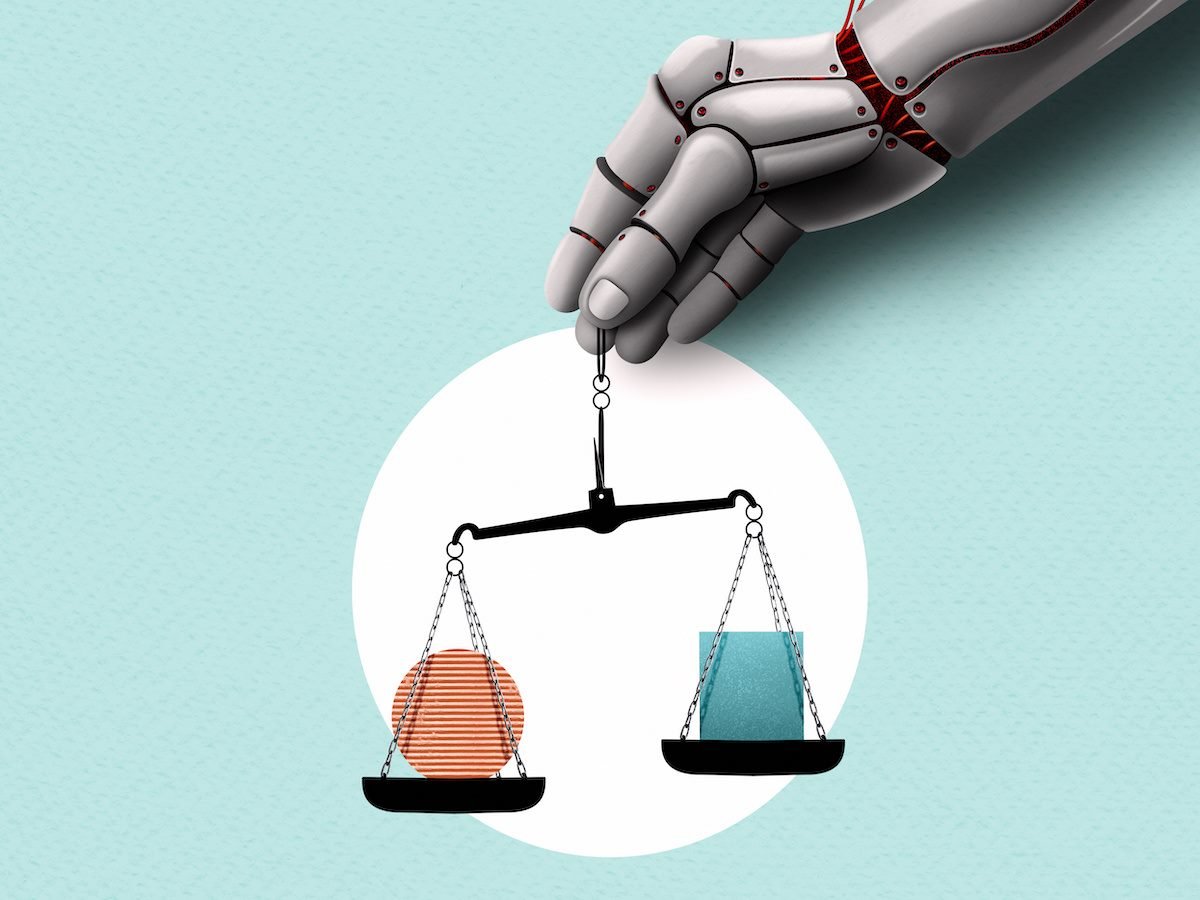The Surprising Childhood Secrets Behind Sibling Silence: 7 Experiences That Destroy Connection
If the environment never shifted toward healthy mutual support, zero communication in adulthood can become the path of least resistance.
3. Feeling overshadowed or invisible
I’ve heard the phrase “middle-child syndrome” used jokingly, but the reality for some kids is feeling overlooked.
Maybe you weren’t the oldest who got to do everything first, nor were you the youngest who got more leniency. You were just… there. And the lack of attention from parents or guardians left you feeling insignificant, as though your presence or opinions didn’t truly matter.
If you grow up feeling overlooked, you can start to believe that deep, genuine relationships aren’t in the cards for you. This mindset can extend to your siblings, too. If your sibling was the star and you felt overshadowed, you might not see the point in reaching out to them as adults.
Over time, that invisible barrier solidifies into a real disconnect. When no one ever taught you the value of being heard, you might not feel motivated to keep in touch with those who were part of that overshadowing.
4. Lack of conflict resolution
In some families, conflicts are met with slammed doors, shouting matches, or stony silence. No one ever sits down to talk things through calmly, and apologies—or honest acknowledgments—are scarce.
As a kid, you might adapt by sweeping issues under the rug just to keep the peace, or perhaps you’d explode in anger because no one ever taught you how to resolve disagreements.
I’ve observed that when siblings grow up seeing conflict as a destructive force rather than a chance for growth, they shy away from tough conversations altogether.
This dynamic makes it really tough to bridge emotional gaps later in life. If you’re wired to avoid conflict at all costs, you may think it’s better not to communicate with your siblings than to risk a disagreement. In adulthood, you might find yourself ghosting each other simply to dodge any potential tension.
5. Parents who played favorites
Some of us might recall a scenario where one sibling could do no wrong in the eyes of Mom or Dad.
Maybe that sibling got praised more, was showered with gifts, or was allowed to bend rules that everyone else had to follow. I’ve talked to people who, to this day, feel the sting of favoritism.
In such families, the child who isn’t favored often ends up resentful. And the favored child may struggle with guilt or an inflated sense of entitlement.
In either case, the relationship is off-balance. Instead of seeing each other as partners in crime, you see each other as competition for your parents’ approval.
This imbalance can stick around for decades. As adults, you may avoid each other because the dynamic remains awkward or hurtful.
Without a conscious effort to heal or talk it out, many people decide that no communication is better than triggering old wounds.
6. Unresolved childhood trauma
Childhood trauma can take many forms—neglect, abuse, sudden loss, or a major family crisis.
In many households, these events are swept under the rug. You learn early to stay quiet, either because it’s too painful to discuss or because there’s pressure to “just move on.”
Brené Brown often speaks about the importance of vulnerability and how unprocessed emotions can create chasms in relationships.
If siblings experience a traumatic event and then never receive proper support or a chance to process it together, they may associate each other with that dark period.
Sometimes, it’s just too painful to revisit those memories, and talking to a sibling can feel like opening a Pandora’s box of unresolved pain. Over time, the safest emotional strategy might seem to be avoidance, which translates to minimal or zero communication.
7. Suppressed emotions and secrets
Some families operate under strict unspoken rules: “Don’t talk about it,” “Keep it in the family,” or “Pretend everything is fine.”
Growing up in that environment, you learn to suppress your emotions and keep secrets close to the vest. That might include secrets about financial problems, relationships, or personal struggles.
When siblings are instructed—directly or indirectly—to hide parts of themselves, genuine closeness becomes nearly impossible. You can’t form a deep bond without honesty.
If you spent your childhood carefully editing your feelings and experiences, you might not even know how to be open.
As adults, you and your siblings could end up drifting so far apart that you barely recognize one another. Over the years, the habit of secrecy can erode trust, leaving both sides feeling like strangers who share nothing in common.
Conclusion
Reflecting on these seven experiences, I see how the seeds for adult estrangement can be planted early on.
Our childhoods aren’t always in our control. But acknowledging the past can empower us to make different choices today. Maybe you identify with some of these points and find yourself wondering if it’s too late to rebuild.
I believe it’s never too late. Healing can begin with something as simple as a heartfelt message or an honest conversation.
Professional resources—like therapy, coaching, or even guided family counseling—can also make a massive difference. Websites like Psychology Today are filled with articles and therapist listings that can help you navigate tricky family dynamics.
If you feel a tug to reconnect with your sibling, challenge yourself to take a small step. It might be uncomfortable at first, but genuine connection often comes when we break old patterns and decide to be brave with our hearts.













